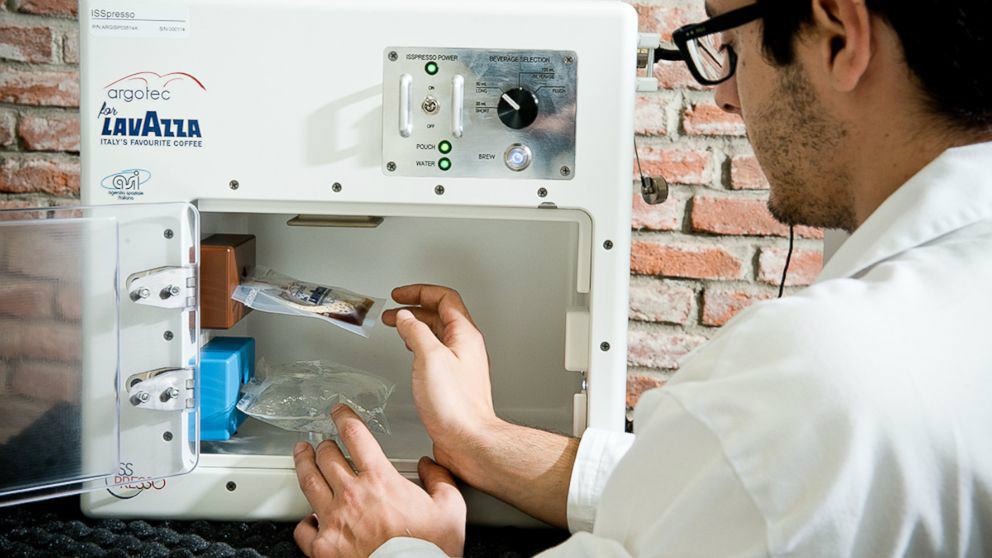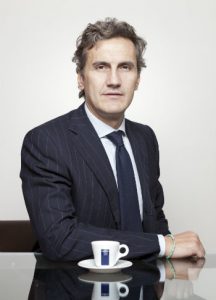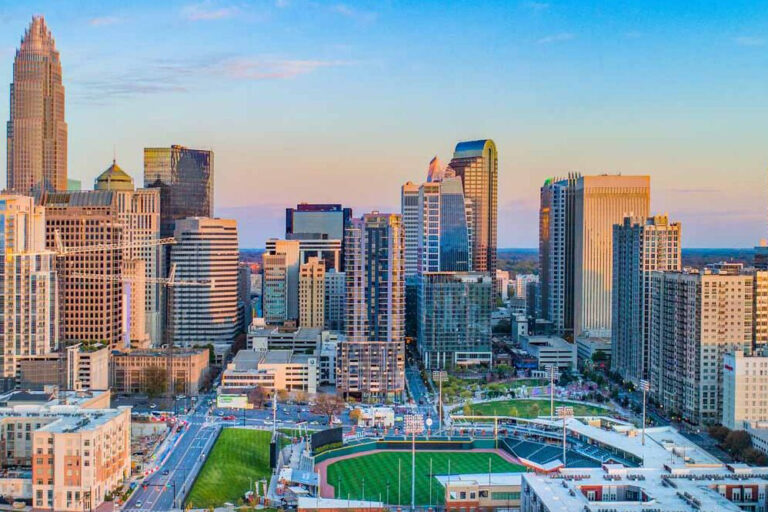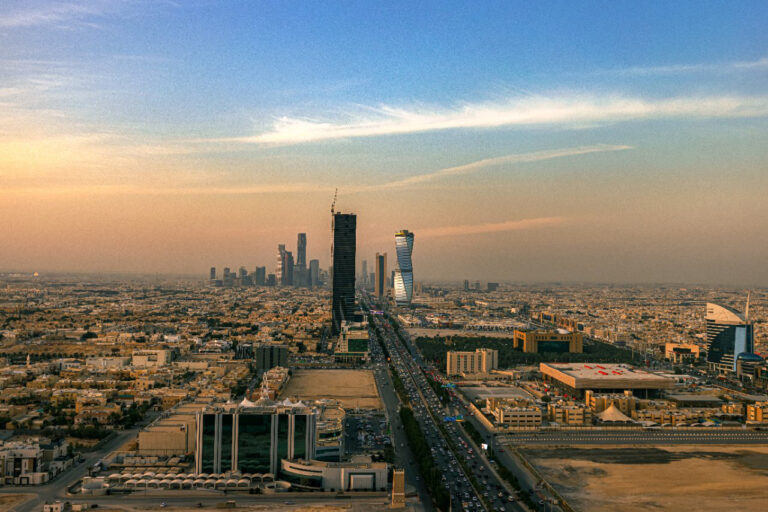In May 2015, Samantha Cristoforetti drank a small cup of coffee and took a giant step for coffee-kind. An astronaut on the International Space Station, she made the first zero-gravity espresso, using a specially designed and amusingly named ISSpresso machine, developed by two companies from Italy: Argotec, an aerospace design firm, and Lavazza.

Lavazza has been doing things differently for 120 years, introducing revolutionary ideas that have changed the way coffee is made, distributed, and consumed today. Its founder, Luigi Lavazza, was the first to mix different varieties of beans to produce blends, back in 1895. In 1950, the company was the first to vacuum-pack coffee to preserve aroma and flavor for longer. And, in March 2015, it became the first Italian manufacturer of compostable capsules, making single-serve coffee more sustainable.
“Innovation has always been part of our history, affirms Antonio Baravalle, Lavazza’s CEO. In the last four years, we have more than doubled investment in R&D, because we are convinced the combination of tradition with innovation and sustainability is key to future success.”
Over €30 billion has been poured into consolidating the coffee industry in the last three years and Lavazza has done some shopping of its own, investing over €1 billion for future growth. It bought Danish roaster Merrild in June 2015 and completed the purchase of France’s Carte Noire brand this February.
It now controls 20% of the French market: “Our competitors are not going to stop,” Baravalle says. “There is only one possibility if we stay passive. We are obliged to grow.”

The Lavazza Innovation Center, across the street from the company’s roasting plant in Turin, reflects its obsession with every detail of coffee consumption. A natural evolution of the Coffee Research and Study Center founded in 1979, today the Center’s two units – Coffee Design, with its recipes, and the Espresso School, with its courses – combine to create a place where passion for coffee meets tradition and a flair for experimentation and innovation.
“To spread the Italian concept of coffee worldwide requires training a lot of people,” Baravalle notes. “Last year alone, we trained over 30,000 baristas, catering staff, distribution partners, employees, journalists, and more. As an Italian brand, it is crucial we sell our culture of coffee everywhere.”
“Innovation, quality, and sustainability are part of the same triangle.” Antonio Baravalle, CEO, Lavazza
Sustainability is “an issue the whole world has to face”, Baravalle says, and something Lavazza takes very seriously.
A non-profit organization established in 2004, The Giuseppe and Pericle Lavazza Foundation, supports charitable initiatives in the fields of health, social care, and environmental protection, both in Italy and abroad.
In 2010, Lavazza became a founding member of Coffee&Climate, a project developed by International Coffee Partners to help families who cultivate coffee worldwide respond to the challenges of our changing climate.
“We cannot just stand by and watch,” Baravalle insists. “We must invest in sustainability and quality, cooperate with farmers on know-how, technologies, and tools to tackle climate change, improve farming techniques, and minimize every impact.
With Coffee&Climate, we initiated a pilot project involving over 3,000 growers in phase one. They share best agricultural practices and recent scientific developments. The goal is to reach 25 million growers worldwide.”
Lavazza believes that being a premium brand goes way beyond the product. The company is committed to delivering an authentic coffee experience that consumers find credible, from the field to the cup: “Customers today are not the same as ten years ago,” Baravalle says. “They are incredibly conscious of quality, the value of products, and sustainability. For a brand like Lavazza, if we want to avoid falling into the mainstream coffee industry, we have to continue to leverage our ability to be different. Quality is our mantra.”![]()









